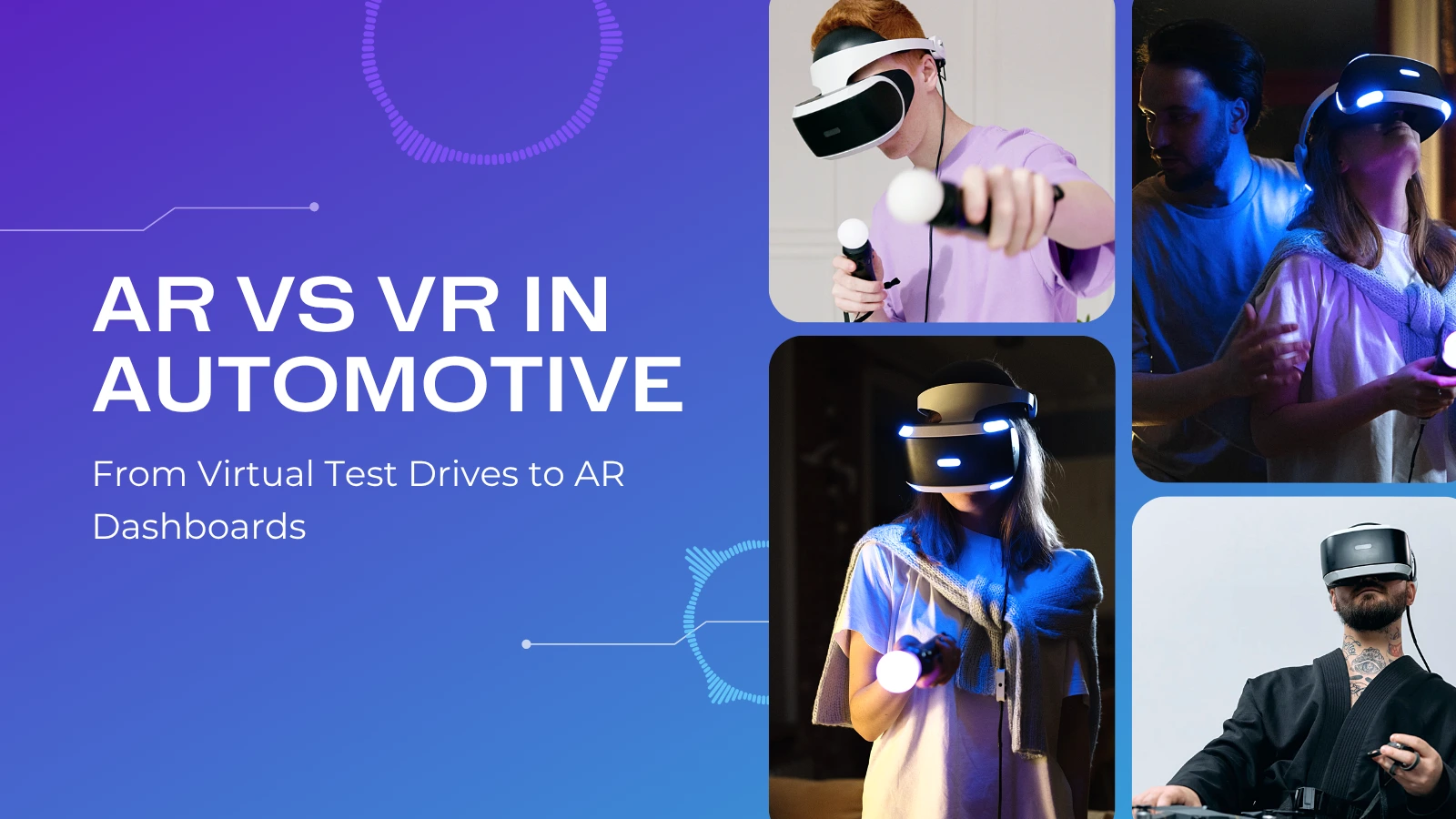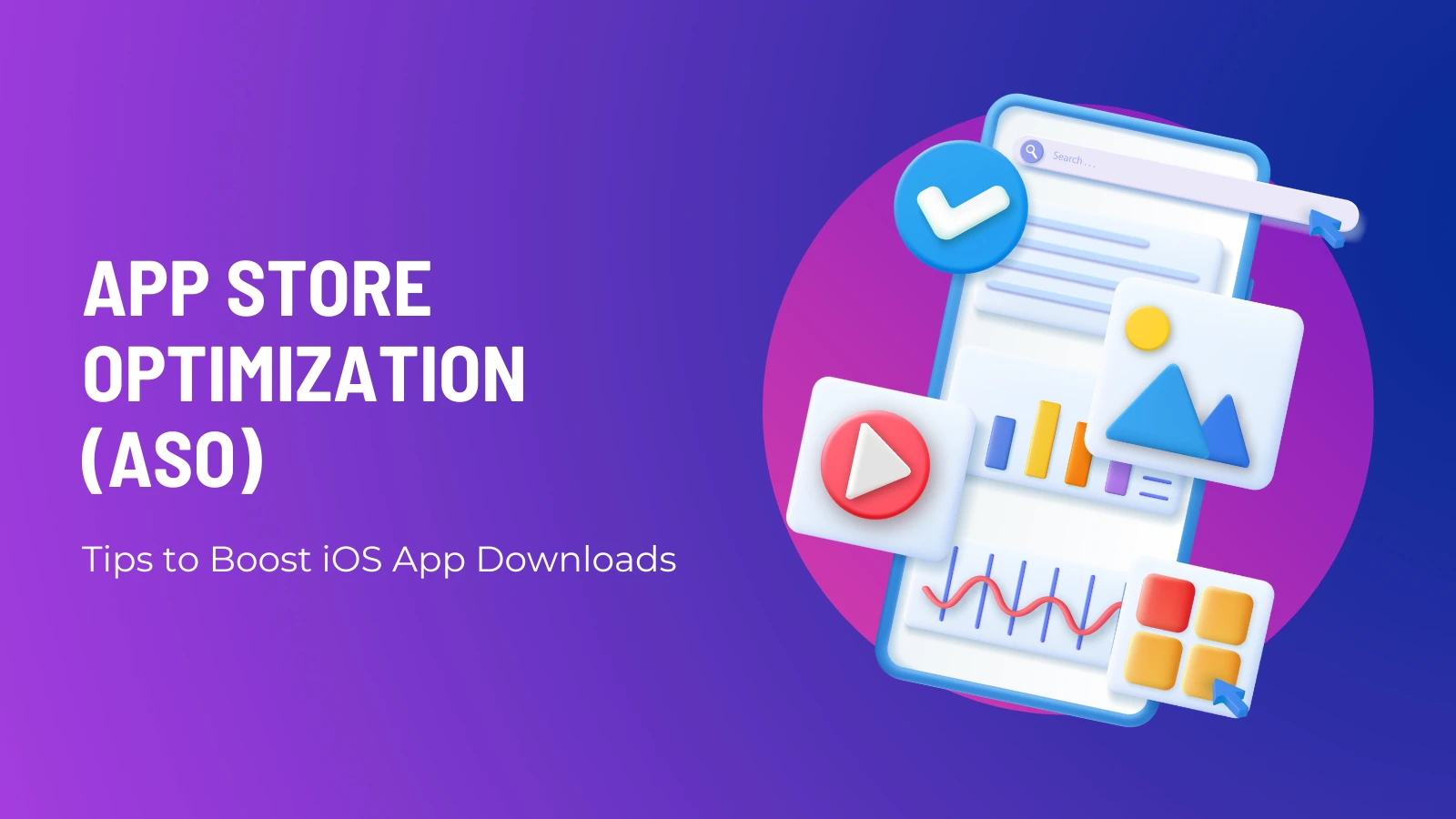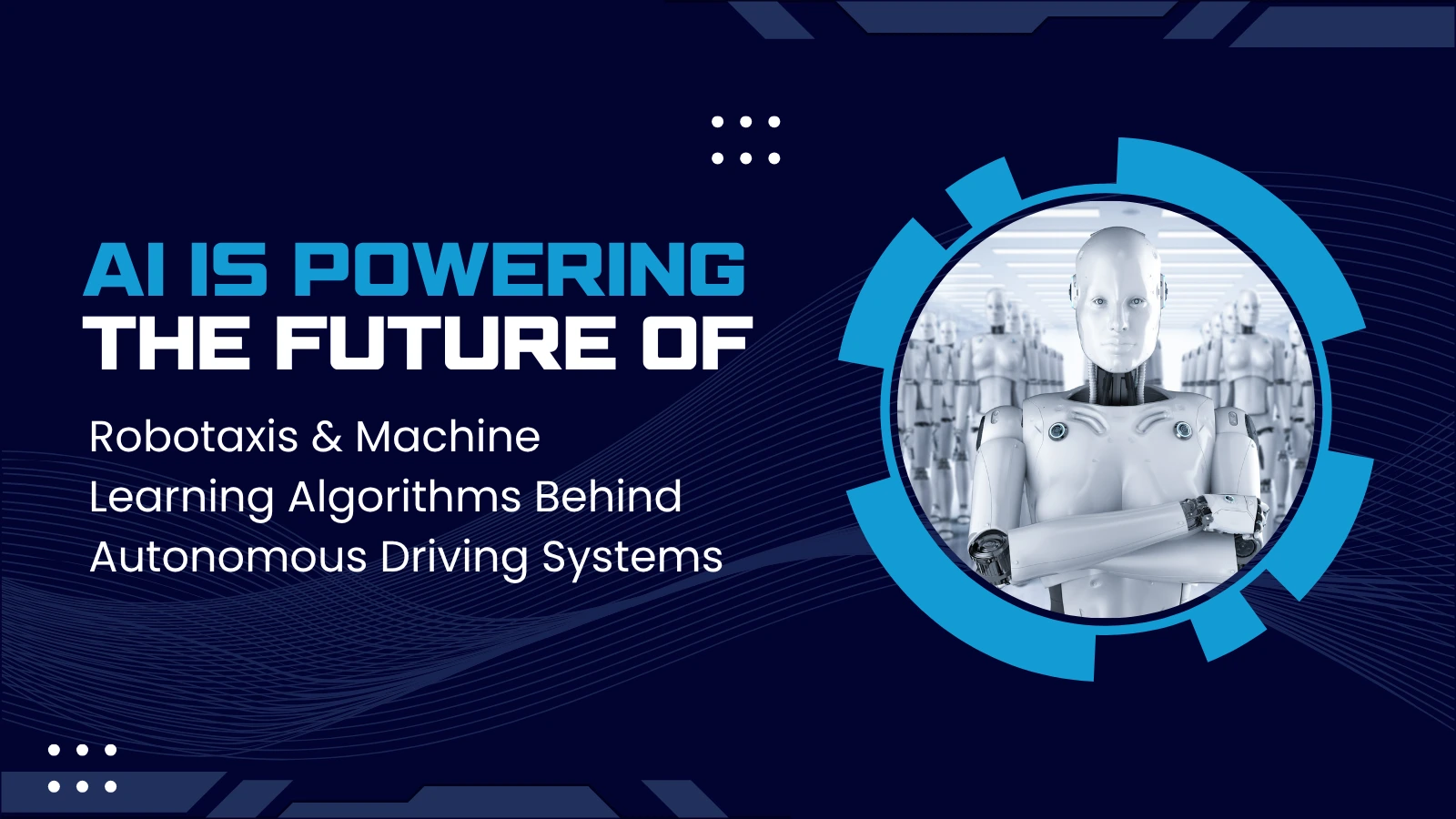Apr 30, 2025
AI in FinTech: Smarter, Safer, and Faster
1. Fraud Detection and Prevention
In FinTech, AI technology is effectively utilized to stop any fraudulent activities. Instead of using rules defined according to circumstances, banks and other financial institutions have now started using models with AI that gets taught with the help of past fraud cases. These are the kind of systems which can by scanning thousands of transactions in a second, identify real-time and very different any fraudulent action. The machine will only take into account the number of transactions, place, the customer's buying behavior as well as the device they are using in order to identify any unusual activities that might arise, whilst the false positive rate is going to be minimal.
2. Personalized Financial Services
Machine-based auto-financial planners are at the forefront of the financial scene. Automated financial advisors are no longer just providing robo-services but instead they are creating individual and flexible portfolios based on the flow of real-time investment data, the client's risk tolerance, spending patterns, investment, and the customer's financial goals. Artificial Intelligence, later, is also responsible for the extreme personalization of clients' banking needs such as unparalleled loan offers, Insurance packages, and saving plans which obviously in essence are activities carried out with the sole aim of retention and satisfaction of the clients.
3. Automated Risk Assessment
AI’s predictive analytics capabilities have modernized credit scoring and risk assessment. Under the traditional ways, there are certain populations that are not able to be involved in the banking system, and the AI system accesses alternative data — quite different than the previous one, like utility payment records — to evaluate the creditworthiness of such people. This method, a part of which is the presence of people, is the main cause of financial services reach to people globally.
4. Regulatory Compliance (RegTech)
Meeting the needs of regulations is really intricate, but with AI, this can be fast-tracked through monitoring and reporting in real time. RegTech solutions driven by AI work non-stop on searching the accounts, and even correspondence, covering the cases of breaking the law of the compliances, generating reports, and withal having the capability to predict the possible upcoming gov. regulations. Consequently, banks and other financial institutions can avoid wasting billions of dollars on fines by such solutions.
AI in Healthcare: Improving Diagnosis, Treatment, and Patient Experience
1. AI-Supported Diagnoses
In 2025, AI-based diagnostic tools have achieved striking precision. For example, tools like an AI-driven technology used to analyze images can find tumors, cardiovascular diseases as well as neurodegenerative disorders not only with the same accuracy as a professional doctor but with a higher one. AI's deep learning models are analyzing MRI, X-ray as well as pathology slides in seconds, and providing the life-saving secondary opinions before time
2. Medication Tailoring
The days of the theory of genetic-based medicine are over. AI avails the possibility of analyzing a patient's genetic profiles, the status of the environment, epidemiological information and so forth so that a proper plan of treatment can be recommended. Such as AI algorithms are identifying cancer drug combinations based on the patient’s genetic mutations, subsequently increasing the efficiency of cures.
3. Virtual Healthcare Agents
As virtual health soars, AI-driven chatbots have become an essential part of it. These AI ombudsmen not only schedule appointments and send medication reminders but also monitor the emergence of symptoms and even provide a preliminary diagnosis. By performing routine tasks, virtual assistants allow professionals to concentrate on complex tasks related to patient care.
4. Medicine Lookout and Development
The transformational power of AI to analyze whopping amounts of data compared to the speed= of light has not only saved time but also increased the pace of the drug development process. In 2025, drug manufacturers are using AI to figure out the mechanism by which drugs and targets are interfaced within the human body thus creating molecular simulation which is a faster way of identifying which drugs could be used for repurposing to cure new conditions. The situation in which AI plays the role of the leader in the drug development process is here too.
5. Remote Patient Monitoring
AI-enabled wearables, which are supported by the Internet of Things, keep a track of patients' vital signs all the time and right away convey to healthcare providers when something goes wrong. They are getting more and more powerful and offer many features that enable doctors to identify diseases ahead of time. Patients can wear them for instance to continuously measure glucose levels in case of diabetes. Another application of AI in healthcare is the prediction of heart failure in people who are at high risk, where It ensures the avoidance of clinical re-entries that waste resources.
AI in E-Commerce: Redefining Consumer Expectations and Retail Operations
1. Generating Offers that Meet Personal Needs
By the year 2025, recommendation algorithms are even more perceptive adopting the methodology of deep learning. These machine learning tools are not only analyzing shopping history and social media traffic but also are able to read online content and understand the images people prefer. As a result, AI becomes an accomplice of salespeople in the e-commerce industry in a much larger extent than it did before by developing high-accuracy customer performance predictions.
2. Visional Recognition and AI-Generated Content
Image recognition has now turned into a contextual understanding process that gives visual search its new identity. The users submit a picture of an item, for instance, that they like as the search and the engine apart from giving exact identification also provide similar or related suggestions. Furthermore, the use of AI for creating product descriptions, reviews, and even video content has enabled companies to generate content more easily.
3. Intelligent Inventory Control
AI is so right in its predictions of what the market wants that it can keep the stock almost 100% accurate. And it is the networks of market information, weather, active selling, etc., that enable the proper calculation of the demand and hence the right judgment of the amount of products to be stored. The robots in the smart warehouses are managing the whole process of picking, packing, and shipping with minimum physical efforts, which is resulting in the cost-effective systems and speedy deliveries.
4. AI-supported Conversational Commerce
The AI-powered chatbots and voice-activated assistants that facilitate conversational commerce are human-like in nature. These bots are the perfect customer service agents and have the ability to ask as well as answer questions, suggest products, or services, process orders, and even handle complaints, all the while engaging with the customers in a very human way. It is through the development of the NLP system that the chatbots have been able to learn and understand language at such a high level that they can now easily identify the distinguishing features of a given conversation-critical words, humor, and even types of sarcastic remarks.
5. Fraud Prevention and Secure Transactions
Just as in FinTech, so is e-commerce; if you do not properly secure your e-commerce transactions, fraudulent activity is bound to happen. AI and machine learning-powered systems are the keepers of the watch, looking for unusual patterns that could be a sign of account hijacking or card theft. The systems also use biometric technology methods, e.g., face recognition and voice biometrics to ensure that customers' details are secure.
The Future Ahead: Challenges and Opportunities
One cannot deny that AI has irrevocably changed not only FinTech, Healthcare, and E-Commerce but also brought its own set of downfalls:
● Data Privacy and Security: Ensuring secure data collection and processing of sensitive data is indeed a hard nut to crack.
● Bias and Fairness: AI models might inadvertently amplify existing biases of the data, thus bringing about unfair outcomes.
● Regulatory Uncertainty: Technology often outpaces the laws, which means that even after the execution of technology, the problem of compliance still exists.
● Job Displacement: Automation will most certainly affect certain job roles, hence the need for massive reskilling programs.
On the other hand, there are so many opportunities that challenges seem insignificant in comparison. Enterprises, which are making the best strategic use of AI in their activities, have reported increased efficiency, higher customer satisfaction rates, and the ability to grow sustainably. An interdisciplinary approach to the problem of responsible and beneficial AI must involve AI developers, industry professionals, philosophers, and the regulation sector
Conclusion
In 2025, AI will become a pivotal technological innovation, not only in FinTech, Healthcare, and E-Commerce but also in other areas. It is instrumental in the decision-making process and in increasing the focus and accuracy of services through the power of personalization. The evolving of AI technology and thus its awakening potential further will result in the emergence of new prospects, not only for the businesses but for society in general.
Turns out that Designoweb Technologies meet and greet AI with open arms, be its wellness guide, and make loyalty to the customer as their main mantra, will be the ones having not just mere existence but a prosperous future in an age where AI is the driver around.
Elevate your business—launch a powerful app today!
More Blogs
AR vs VR in Automotive_ From Virtual Test Drives to AR Dashboards
The automotive industry has experienced transformative changes in the recent years, all thanks to breakthroughs in immersive technology. The most notable changes are due to Augmented Reality (AR) and Virtual Reality (VR). The debate of...
App Store Optimization (ASO) Tips to Boost iOS & Android App Downloads
The process of increasing your program's exposure and download volume in the Apple program Store is known as app store optimization, or ASO. By customizing the right keywords, metadata, and user interaction metrics, ASO, like Search En...
How AI is Powering the Future of Robotaxis & Machine Learning Algorithms Behind Autonomous Driving Systems
Robotaxis are fast becoming a science fiction dream turned reality, revolutionizing the way individuals move around cities. Robotaxis—autonomous vehicles that can transport people without the need for drivers—is revolutioni...

 Awards & Recognition
Awards & Recognition







